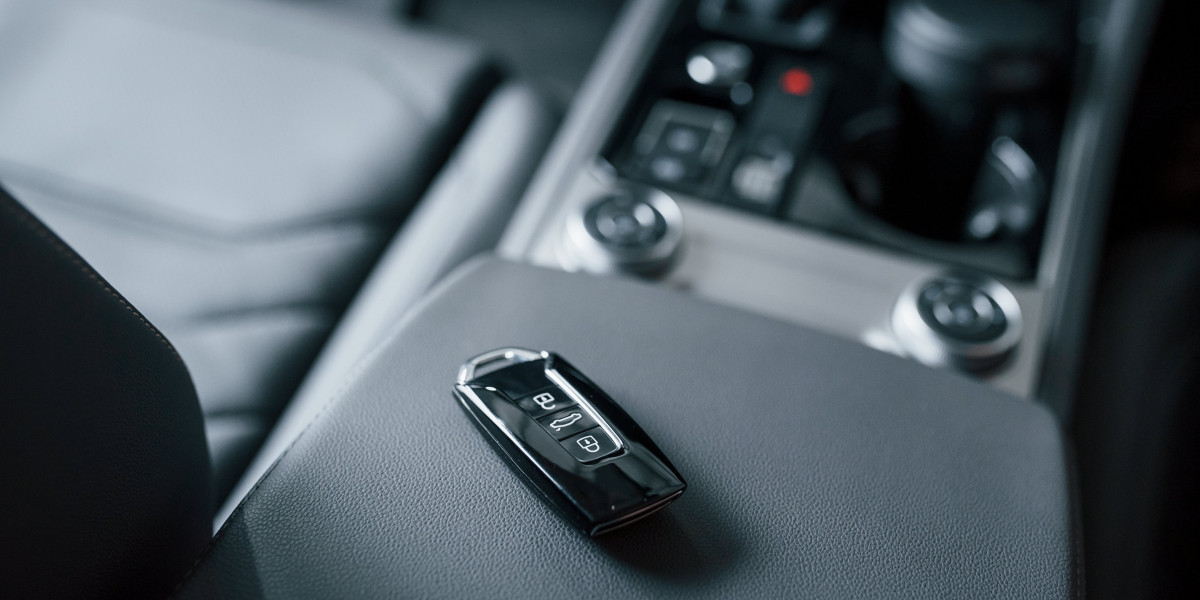Lost Car Keys Replacement: A Comprehensive Guide
Losing a car key can be a discouraging and difficult experience. Whether keys are misplaced in one's home, lost at work, or gone for good after an unforgettable night out, the inconvenience of being not able to access a vehicle can interfere with every day life. Thankfully, several options exist for replacing lost car keys. This guide will describe various approaches, considerations, and regularly asked concerns associated with the replacement of lost car keys.
Understanding Types of Car Keys
Before diving into the replacement procedure, it is important to understand the different car key types readily available:

| Car Key Type | Description | Replacement Complexity | Cost Range |
|---|---|---|---|
| Conventional Key | Fundamental, metal keys without electronic functions. | Low | ₤ 5 - ₤ 30 |
| Transponder Key | Keys with embedded chips that communicate with the vehicle. | Moderate | ₤ 50 - ₤ 150 |
| Key Fob/ Smart Key | Advanced keys that allow keyless entry and start functions, typically geared up with remotes. | High | ₤ 150 - ₤ 500 |
| Valet Key | A simplified version of a key that enables limited access to the vehicle. | Moderate | ₤ 50 - ₤ 100 |
Aspects to Consider When Replacing Lost Car Keys
When faced with the unfortunate circumstance of losing car keys, several aspects will affect the replacement process:
Type of Key: The more advanced the key (such as fobs or transponder keys), the more complex and pricey the replacement might be.
Vehicle Make and Model: Replacement expenses and techniques can vary considerably based on the car's brand, design, and year.
Schedule of Spare Keys: If a spare key exists, duplication can be a more straightforward and less costly alternative.
Place of Replacement: Deciding whether to approach a car dealership, locksmith, or auto shop can affect both expense and time.
Expense: The range of costs for key replacement can be considerable, with some approaches proving to be more economical than others.
Methods for Replacing Lost Car Keys
There are several techniques one can pursue in changing lost car keys, from DIY options to professional services.
1. Expert Locksmith Services
A professional locksmith can provide a quick and often more affordable service for replacing lost keys. They normally provide the following services:
- Key Duplication: If a spare key is readily available, a locksmith professional can rapidly reproduce it.
- Reprogramming: For keys that have transponder functions, locksmith professionals can often reprogram existing keys and fobs.
- Cutting New Keys: A locksmith professional can create a brand-new key from the vehicle's lock, admitted is available.
2. Car Dealerships
Going to a car dealership is another typical choice for key replacement, particularly for innovative keys.
- Factory Replacement: Dealerships have access to manufacturer-specific key codes, allowing them to make a precise replica.
- More Expensive: This approach is normally the most costly but might be required for particular makes or designs.
3. Do it yourself Solutions
For people comfy handling a difficulty, some DIY techniques may work depending on the scenario.
- Key Programming Kits: Some online resources and packages permit owners to program spare keys themselves, especially for particular designs.
- Short-lived Solutions: In emergency situations, developing makeshift keys or hot-wiring might work for older designs however is generally not suggested due to legality and damage risks.
4. Insurance Options
Some auto insurance plan cover key replacement or loss. Therefore, evaluating one's policy could reveal if financial assistance is available for this trouble.
5. Mobile Key Replacement Services
With the arrival of technology, mobile locksmith services can come to your place to provide key replacement. They might provide:
- Convenience: No need to tow the vehicle or leave home.
- Quick Service: Many can cut and configure new keys on-site.
Preventive Measures to Avoid Lost Car Keys
Taking numerous easy preventative actions can help reduce the threat of losing car type in the future:
Designate a Specific Spot: Establish a routine of placing type in the very same location every time.
Keychain Tracking Devices: Utilize Bluetooth trackers, such as Tile or Apple AirTags, which can help in locating lost keys.
Spare Copies: Have at least one spare key easily accessible, either with trusted family members or saved securely.
FAQs about Lost Car Keys Replacement
1. Just how much does it usually cost to replace lost car keys?
The expense of replacing lost car keys can vary widely based upon the kind of key and where you have it replaced. Fundamental keys can range from ₤ 5 to ₤ 30, while smart keys can cost upwards of ₤ 150 to ₤ 500.
2. Can I replace my lost car key without a spare?
Yes, you can replace remote Car key (https://dnd.mn/agent/keyfobreplacement4505/) a lost car key without a spare. An expert locksmith professional or dealership can develop a brand-new key by accessing your vehicle's lock or using the vehicle identification number (VIN).
3. For how long does it require to replace lost car keys?
Replacement times can differ by technique. A locksmith might need simply 15-- 30 minutes, while dealerships could take longer, especially if they require to order particular keys.
4. Are there any legal considerations if I lost my car keys?
No specific legal concerns arise from losing keys. However, if someone finds your lost keys, they could potentially access your car, requiring careful practices relating to personal security.
5. What if my keys are taken?
If your keys are taken, it's important to take immediate action. Besides changing your keys, consider altering your locks or using a locksmith professional to reprogram your transponder keys to prevent unauthorized access.
Dealing with lost car keys can be troublesome, but understanding your options for replacing them can reduce the burden. Whether going with a locksmith, dealer, or taking DIY measures, being informed will help guarantee a swift resolution to this common problem. Implementing preventive strategies can considerably decrease the possibility of coming across comparable issues in the future, permitting a more smooth driving experience.







